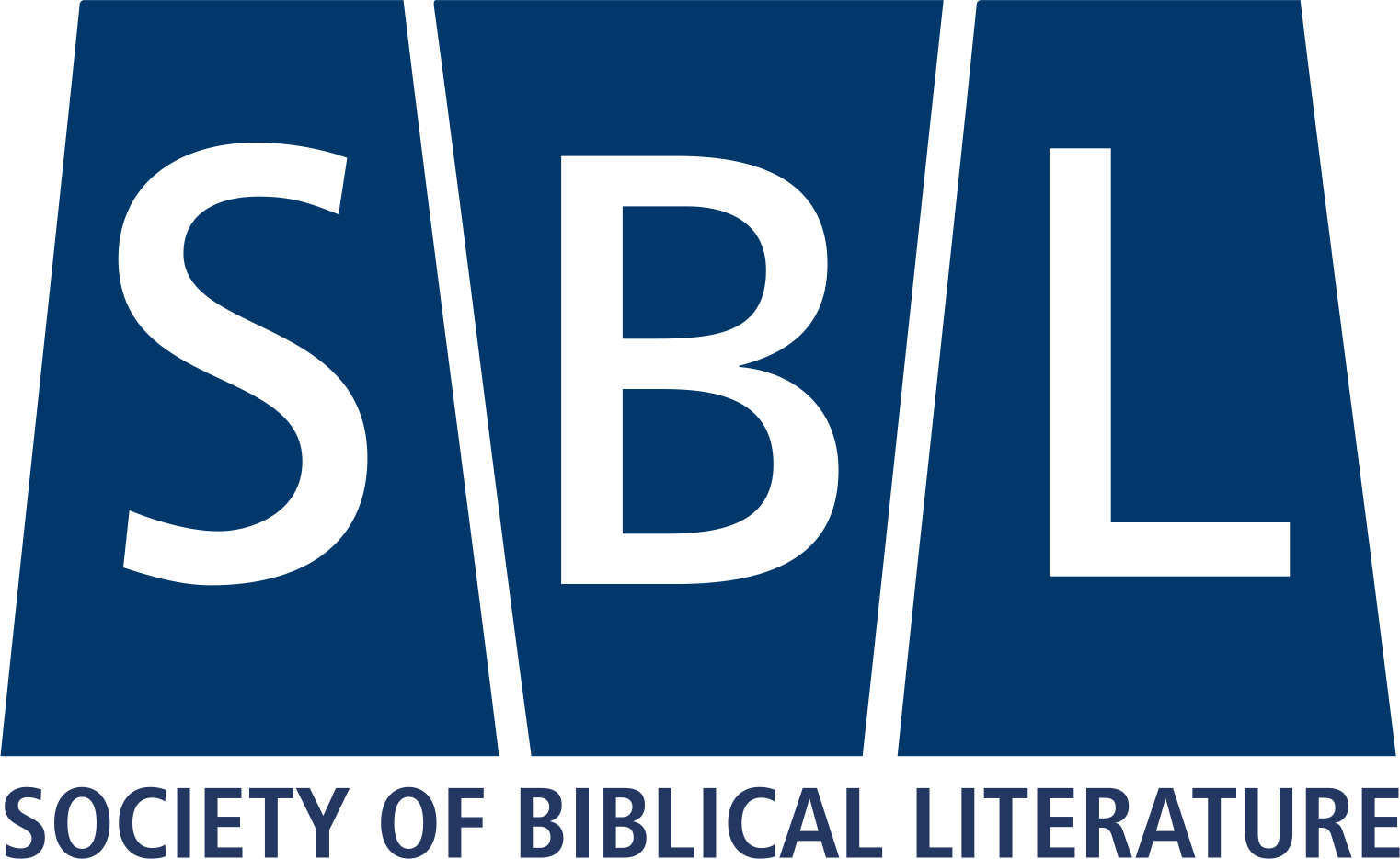$42.00
The essays in this volume identify apocalyptic discourse in the New Testament and examine its intertexture, that is, what the apocalyptic discourse represents, refers to, and uses of phenomena outside itself. Intertexture includes references in the Hebrew Bible, intertestamental texts, and Greco-Roman literature, as well as related social and cultural phenomena. Contributors identify the biblical writer’s selection and use of the intertextural references in argumentative strategies in apocalyptic discourse. They identify topics and argumentation that might be distinctive to apocalyptic discourse, refining the definition of the apocalyptic genre and determining more precisely the social and cultural placement of early Christianity. This volume arises out of a special session of the Rhetoric and the New Testament Section of the Society of Biblical Literature 1999 Annual Meeting.
Duane F. Watson is Professor of New Testament Studies at Malone College in Canton, Ohio.
Introduction
— Duane F. Watson
The Intertexture of Apocalyptic Discourse in the Gospel of Mark
— Vernon K. Robbins
The Intertexture of Lukan Apocalyptic Discourse
— L. Gregory Bloomquist
The Interaction of Social and Scribal Intertexture in Q’s Apocalyptic Discourse
— Russell B. Sisson
Echoes of Isaiah in the Rhetoric of Paul: New Exodus, Wisdom, and the Humility of the Cross in Utopian-Apocalyptic Expectations
— B. J. Oropeza
Ambivalent Apocalypse: Apocalyptic Rhetoric and Intertextuality in 2 Corinthians
— Edith M. Humphrey
Apocalyptic Discourse in 1 Thessalonians
— James D. Hester
The Apocalyptic Intertexture of the Epistle of James
— Wesley Hiram Wachob
The Oral-Scribal and Cultural Intertexture of Apocalyptic Discourse in Jude and 2 Peter
— Duane F. Watson
Final Topics: The Rhetorical Functions of Intertexture in Revelation 14:14–16:21
— David A. deSilva
